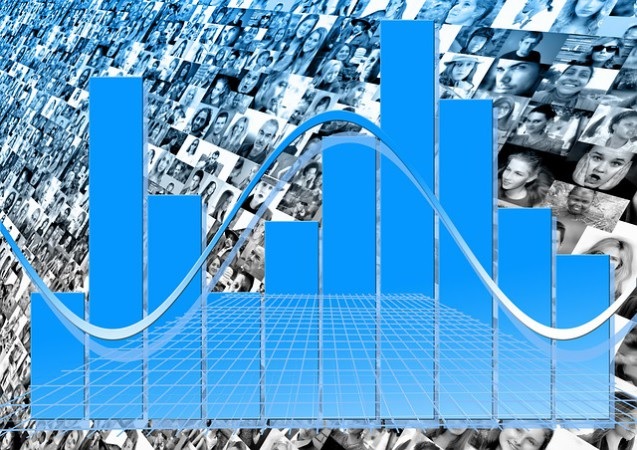Global Poverty, Beyond the Misleading Illusions of Statistics

This article, written, by Claire Hédon, president of ATD Fourth World-France, was published as an op-ed piece by La Croix newspaper on 13 November 2015.
The latest forecasts from the World Bank indicate that the number of people living in extreme poverty is expected to fall below 10% of the world population. But this announcement could be a mere statistical illusion. The method of calculating the poverty line — less than $1.90/person/day — could be misleading. Since 2010, UNDP has been using a multidimensional poverty indicator, which measures the cumulative deprivations at the household level in the areas of health, education and living standards. Not surprisingly, different indicators give different results. In 2014, UNDP estimated that 1.5 billion people were living in multidimensional poverty, when the World Bank counted 1.2 billion people.
Invisible poverty
The $1.90/person/day poverty line makes poverty invisible in 34 OECD countries! In the city of New York, one person out of five depends on food banks for their daily food. Many people are invisible in the statistics, just like the homeless people or those living in dumps, under bridges, etc. who are not identified in censuses and surveys. Some 230 million children under the age of five have not had their births officially recorded, said UNICEF in 2013. How are they taken into account?
No existing poverty line takes into account the relational dimension of contempt, oppression and social exclusion, which are so painful for those who suffer from it. The World Bank poverty line is a technocratic indicator. There has been neither in-depth theoretical reflection on the matter nor any dialogue with people suffering from extreme poverty.
We propose that the Commission on Global Poverty should support work aimed at defining new poverty indicators in partnership with the World Bank by involving people living in extreme poverty so that they become actors of the global debate on poverty and how to fight it and not only mere subjects of arbitrary measures decided by the powerful.

